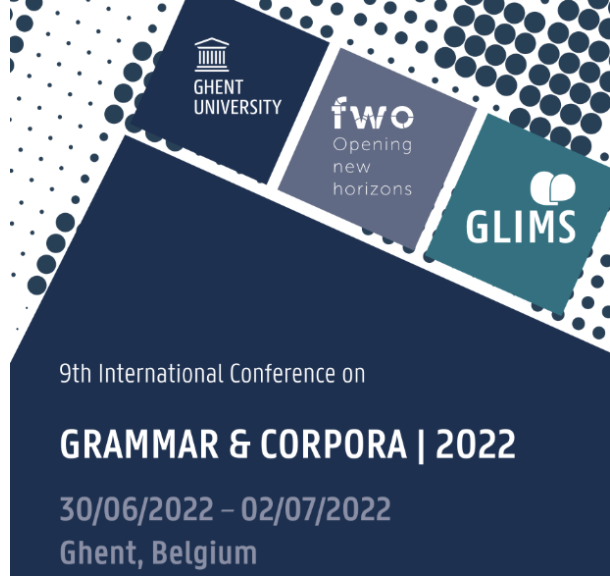

However, as in the case with King asking Alice whether she sees the messengers sent out, and Alice replying that she can see nobody, the King’s reaction is specifically interesting: ““I only wish I had such eyes,” the King remarked in a fretful tine.


The present case is clearly an interesting one from the viewpoint of structuralism elicitation of meaning, since only words with a distinct ontological meaning may acquire certain situational connotations. The present feature can be traced in the construction of connotations and denotations in the literary piece: an example can be found in the chapter of Through the Looking Glass titled “The Lion and the Unicorn” where Carroll uses a word without a denotation, but with a range of connotations. However, in the present work, one has to note that the system of meaning is a specific creation of Lewis Carroll hence, the meanings are also determined by his fantasy and creative spirit. The meaning is a central theme in the linguistic structuralism, since it is usually considered from the viewpoint of a system that determines its emergence (Culler 56). Hence, there is no clear-cut reality in the work the experiences of the characters are vague, paradoxical, and contradictory, which sets the scene for Lewis Carroll’s creation of his plot. However, everything turns upside down, and she finds herself in a weird and ambiguous world with no clear meaning the dominant themes determining the reality of the world behind the looking glass are chess and mirrors (Carroll). It is necessary to note that the metaphor of a looking glass is extended from the title of the work to the whole contents thereof Alice steps through the looking glass for the sake of finding the clearer and more reasonable world than that in which she lives. Similarly to these experiences of using the looking glass, Lewis Carroll designed the work Through the Looking Glass, as if violating the conventions of structuralism and establishing his own structure in the work through which the work has to be perceived, analyzed, and attributed with certain meaning. The title of the book, and the setting of the story both presuppose that the reality in the world encountered by Alice is distorted and unusual, like any object seen by a person through the looking glass: some things seem larger, others – smaller, while some things even change their shape and seem to have a different nature. This is the distinguishing feature of this work – Though the Looking Glass creates its own institutional conventions predetermined by the key metaphor used by Carroll in this book – the looking glass. The book is reasonably regarded as one of the children’s favorite works around the world, though an adult may find a certain difficulty with understanding the contents and the main characters from the standpoint of common sense. The work Through the Looking Glass composed by a famous English writer Lewis Carroll it is the continuation of the work Alice in Wonderland written several years earlier, and the topic of the prism through which reality is seen differently is sustained in the sequel as well. Therefore, the analysis from the structuralism perspective involves the identification of the human productions as having a meaning according to the underlying system of distinctions and conventions that make the meaning possible – analysis should be conducted from the viewpoint of institutional conventions’ impact on the formation of meaning. Approaching any literary piece from the viewpoint of linguistic structuralism, the analyst should remember that the focus of analysis will be on the “system of relations that enables meaning to be produced and, reciprocally, one can only determine what are the pertinent relations among items by considering them as signs” (Culler 56). It is a social and cultural product that reflects the nature of the writer, the beliefs and visions of his or hers reflected in words, and surely in the structural components of the language he or she chose for composing that work.

Every literary work is not only a fictional piece of writing distinguished by the plot, beginning and ending, and a set of characters distinguishing it from all other literary pieces.


 0 kommentar(er)
0 kommentar(er)
